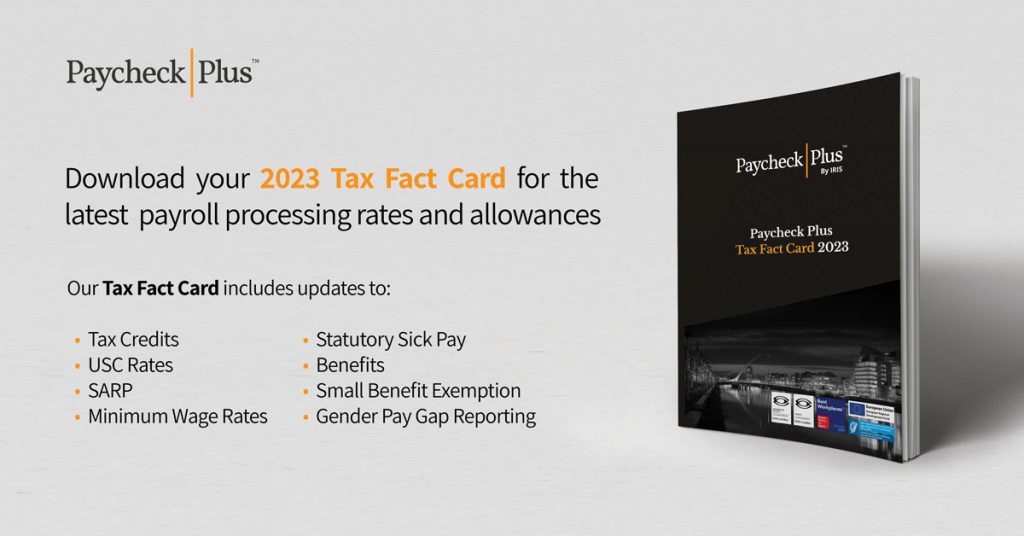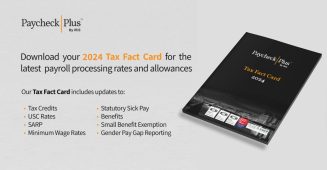
Payroll Processing: Ignoring Tax Regulations
The Implications of ignoring Irish Tax Regulations in Payroll Processing
In the ever-evolving world of payroll management, businesses must remain vigilant in keeping up with local tax regulations to ensure compliance. Failure to do so can have significant implications for companies operating in the Irish market. In this blog post, we will explore the potential consequences of neglecting Irish tax regulations when paying employees, shedding light on the importance of staying up-to-date on payroll processing policy and procedures.
Legal Consequences: Ignoring Irish tax regulations in payroll processing can result in legal consequences for businesses. The Irish Revenue Commissioners is responsible for enforcing tax compliance. Failure to meet the requirements set forth by Revenue can lead to audits, fines, penalties, and potential legal action. These consequences can be financially damaging to organizations, affecting their reputation and overall stability.
Financial Impact: Non-compliance with Irish tax laws may have severe financial implications for your business also. When errors occur in payroll processing or the correct deductions are not made, the company may face unexpected tax liabilities. This can result in the need for back payments, penalties, and interest charges. Additionally, businesses that fail to comply may miss out on eligible tax credits, deductions, or exemptions, leading to higher tax liabilities and reduced profitability.
Reputational Damage: Maintaining a positive reputation is crucial for any business. Failure to comply with Irish tax laws can tarnish a company’s image and erode trust among stakeholders. News of non-compliance can spread quickly, leading to negative publicity, loss of customers, and difficulty attracting new clients. Conversely, organizations that prioritize adherence to tax regulations demonstrate their commitment to transparency, compliance, and ethical business practices.
Employee Relations: Incorrect payroll calculations or delayed payments can adversely affect employee morale and trust. Employees rely on accurate and timely payment of their wages, taxes, and other deductions. Failure to meet these obligations can lead to dissatisfaction, decreased productivity, and even employee turnover. Moreover, if the company is found to have failed in its obligations, employees may question the overall management and financial stability of the organization.
Conclusion: Staying compliant with Irish tax regulations is essential for businesses operating in the Irish market. Ignoring these regulations can result in legal consequences, financial impact, reputational damage, and strained employee relations. By staying up-to-date with the ever-changing tax landscape, businesses can ensure compliance in their payroll processes, protect their reputation, and maintain positive relationships with employees and stakeholders.
Remember, this blog post serves as a general guide and should not be considered legal or financial advice. For specific information and guidance on Irish tax regulations, it is always recommended to consult with a qualified tax professional or refer directly to the Irish Revenue Commissioners’ website.
For more on Payroll Tax Facts and other payroll topics read:
Common Tax Mistakes That Can Sting Your Business!
Are you leaving yourself exposed to heavy penalties? Below are some common tax mistakes that can sting your business! Because…
Paycheck Plus, Your Award Winning Outsourced Payroll Provider
With more than 30 award wins already Paycheck Plus are the most decorated outsourced payroll company in Ireland. We provide comprehensive, ISO accredited payroll services to organisations off all sizes. Our award-winning team of payroll experts specialise in all aspects of payroll, including payroll consultancy, payroll audits, payroll reporting, payroll training and much more.
To find out more simply request a callback or call our Irish office on +353 (0) 1 905 9400.

